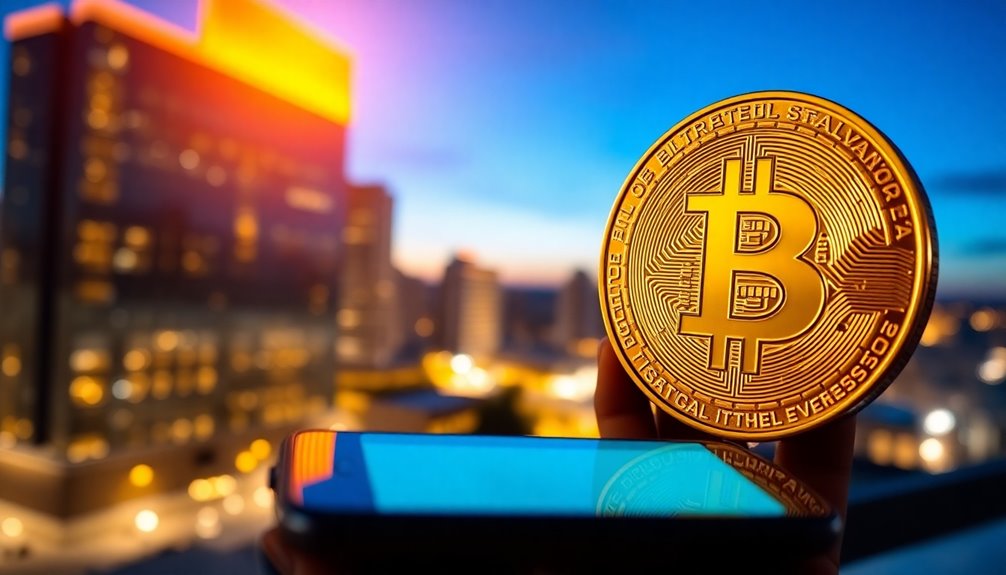You might find it intriguing that El Salvador's Bitcoin reserves have just expanded with the addition of 5 BTC. This move, spearheaded by President Nayib Bukele, reflects a broader strategy to bolster the nation's financial framework. With total reserves now surpassing 6,000 BTC, questions arise about the implications for the economy and public adoption. What does this mean for the future of cryptocurrency in the region?

El Salvador's Bitcoin reserves just hit a significant milestone, now totaling 6,044 BTC, valued between $610 million and $617 million. Recently, the country made headlines by acquiring 12 BTC over just two days, underscoring President Nayib Bukele's unwavering commitment to Bitcoin as a core element of the nation's economic strategy. This latest addition of 5 BTC within a single day highlights a consistent and deliberate approach to expanding its crypto holdings, even as the global landscape for digital currencies evolves. Additionally, the total Bitcoin holdings have seen substantial growth since the country first adopted Bitcoin as legal tender.
The recent purchases included 11 BTC on January 19 and an additional 1 BTC the following day, demonstrating El Salvador's proactive stance in accumulating Bitcoin. These acquisitions have been particularly timely, coinciding with Bitcoin's surge past the $100,000 mark, which has only increased the overall value of the nation's reserves. Despite facing restrictions from the International Monetary Fund (IMF), El Salvador remains undeterred, continuing to bolster its Bitcoin reserves and signaling its intent to integrate digital currency into its broader economic framework.
Since becoming the first country to adopt Bitcoin as legal tender in September 2021, El Salvador has navigated a complex regulatory environment, including agreeing to limit certain Bitcoin-related activities with the IMF. While private sector acceptance of Bitcoin is now voluntary, the government's commitment to its Bitcoin strategy remains steadfast, even amid low public usage.
This commitment isn't just a political statement; it's part of a larger vision to enhance financial inclusion and stimulate economic growth through innovative technologies.
What's particularly noteworthy is how El Salvador's bold moves have sparked international interest in Bitcoin adoption. Other nations, such as Bhutan, are beginning to explore investments in digital assets, and predictions suggest that more countries will adopt similar strategies by 2025. Meanwhile, the United States is also considering potential Bitcoin reserves, although not at the same scale as El Salvador.
Your interest in global economic trends might lead you to observe that El Salvador's actions could pave the way for a new wave of Bitcoin adoption worldwide. As the nation continues to expand its reserves, it draws international attention, showcasing how a small country can influence global perceptions of cryptocurrency.









